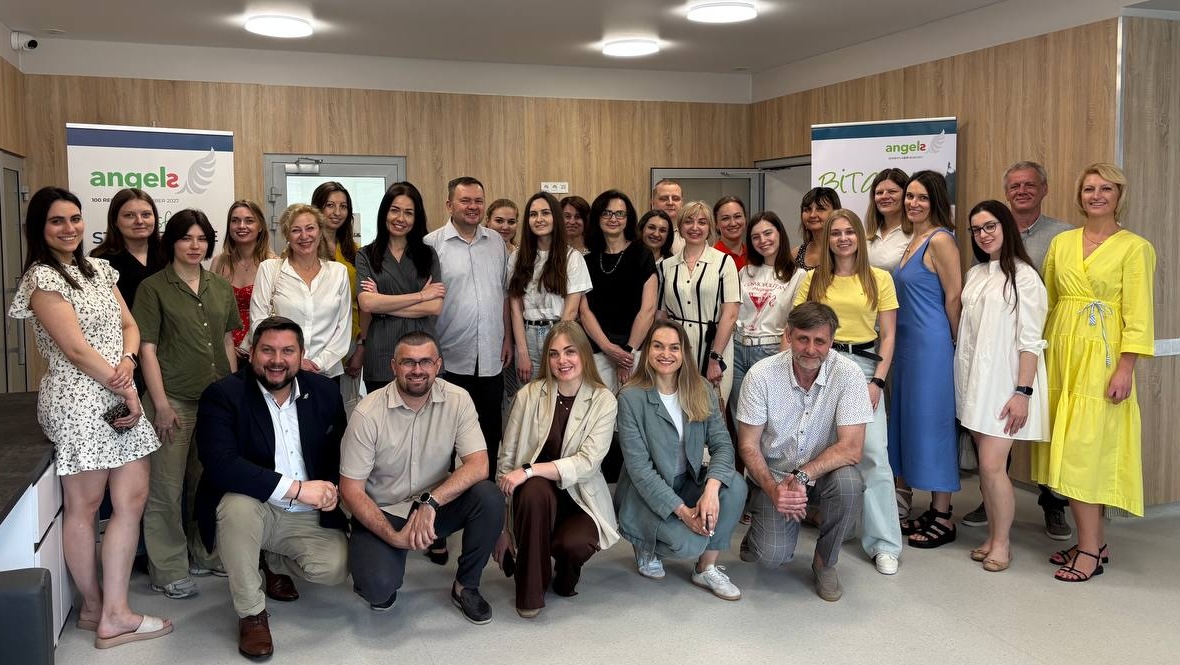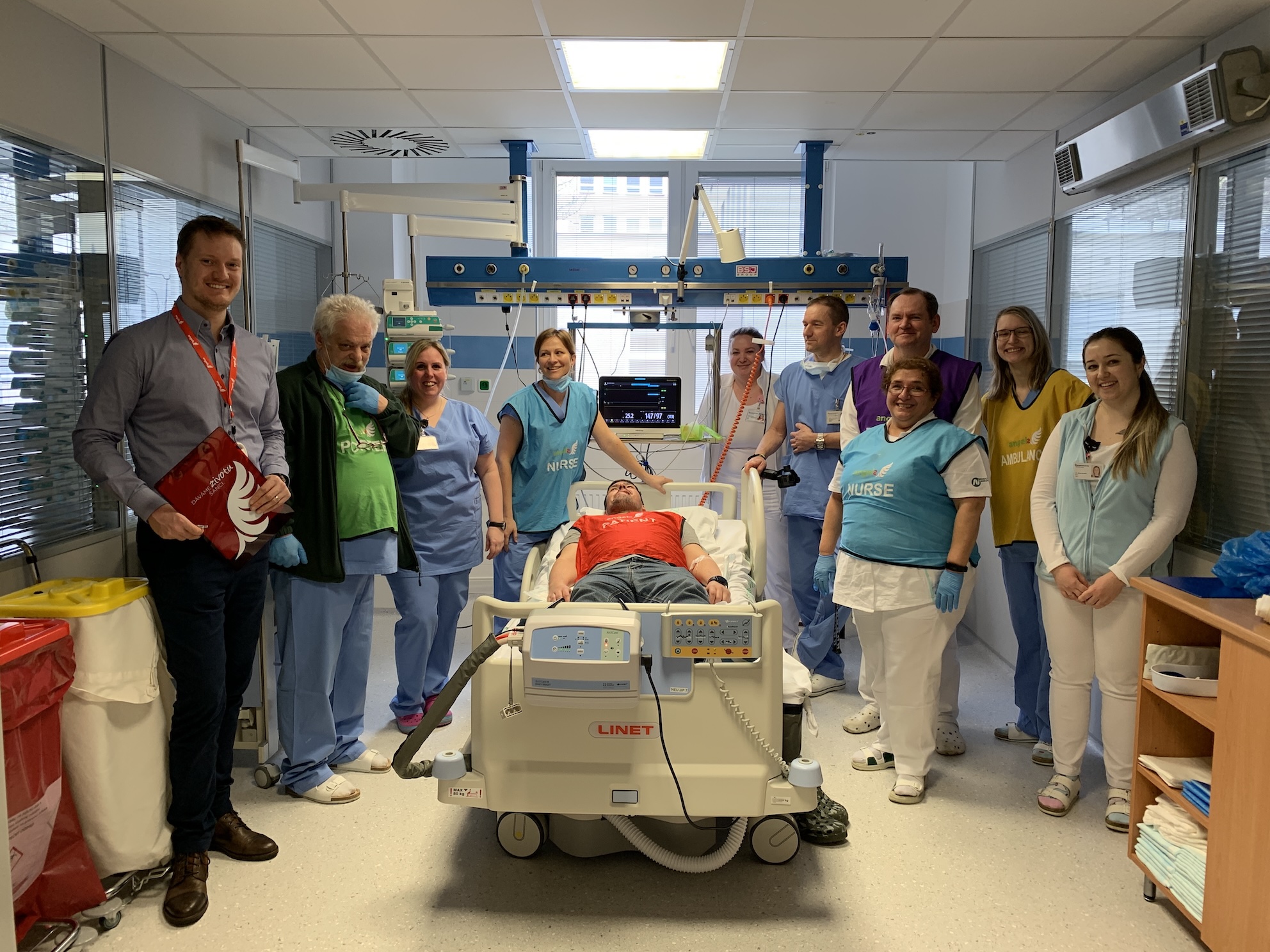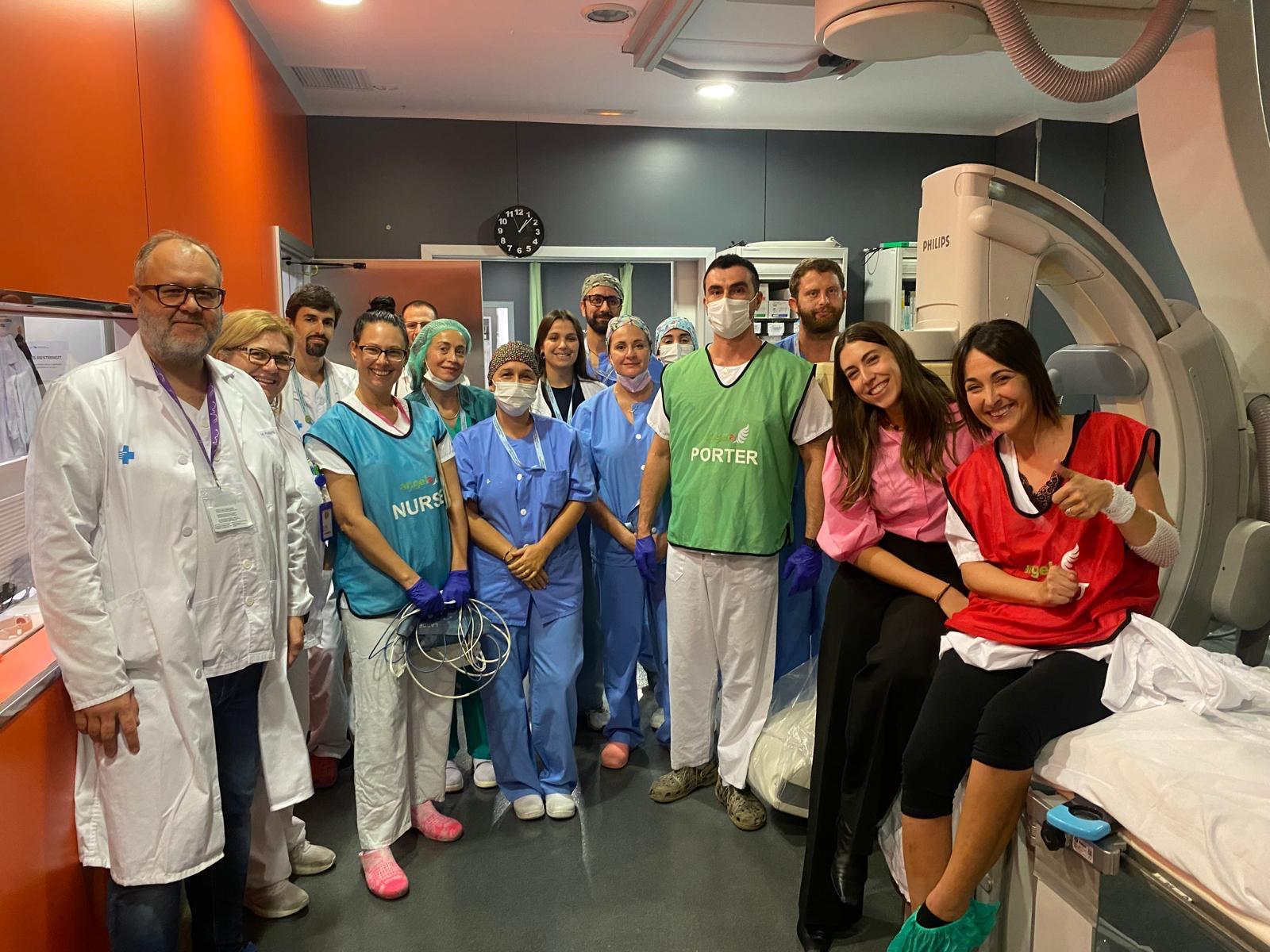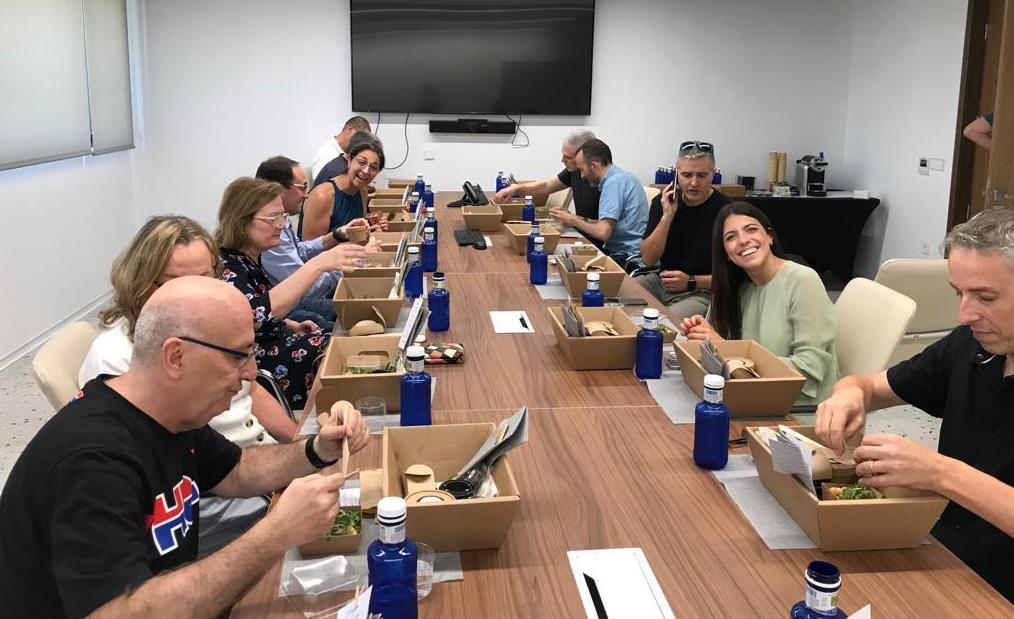
O ALICANTE General Hospital é um local brilhante para os cuidados de AVC na Comunidade Valenciana. Um dos 23 centros de AVC na quarta comunidade autónoma mais populosa de Espanha, foi até recentemente o único com um tempo porta-a-agulha de 30 minutos.
Isto não foi coincidência. O hospital também foi o único na região que registou e analisou rotineiramente os dados de tratamento para AVC, e um exemplo brilhante de como a monitorização da qualidade afeta a prática.
Mas aqui também, a Covid deixou a sua marca. No auge da pandemia, a unidade de AVC no Alicante General Hospital foi transformada numa UCI. Tal como várias outras unidades de AVC que desapareceram sob pressão de um conjunto diferente de prioridades, ainda não recuperou o seu estado como uma enfermaria dedicada onde os doentes com AVC recebem os cuidados mais adequados de uma equipa multidisciplinar de especialistas.
Este foi apenas um dos problemas que ocupou os pensamentos de neurologistas de toda a Comunidade Valenciana que participaram numa reunião de referência a 16 de junho. Reconhecendo uma necessidade urgente de cuidados de AVC padronizados na região, o consultor Angels Belén Velasquez tinha reunido um comité de direção composto pelos neurologistas chefe de seis hospitais de Valência – dois de cada província de Castellón, Valência e Alicante. Também com a presença de representantes de dois hospitais de teleAVC, os coordenadores do EMS para cada província, a directora do EMS da região Begoña Argos e Cristina Ruiz Cavanilles do departamento de saúde de Valência.
Juntando-se à reunião de Barcelona estavam a Dra. Natalia Pérez de la Ossa e Xavier Jimenez, respetivamente, a diretora médica de AVC e EMS da Catalunha, que tinham vindo a partilhar as suas perspetivas sobre planeamento e organização com os seus vizinhos. A comunicação foi alta na agenda, juntamente com a importância da monitorização da qualidade e ações prioritárias para eliminar atrasos no tratamento.
Um programa de monitorização da qualidade implementado em cinco hospitais dois anos antes tinha pintado uma imagem sombria, mostrando tempos médios de porta-ao-tratamento muito fora das diretrizes. Os números apontaram para uma falta de trabalho de equipa multidisciplinar dentro dos hospitais, e uma falta de coordenação entre hospitais e entre hospitais e EMS, com o código de AVC ativado em apenas 45% dos casos.
Geograficamente, os quase 5 milhões de cidadãos da Comunidade Valenciana são bem servidos por três (em breve) centros abrangentes e 20 hospitais de fala. Mas será necessário um compromisso conjunto para com a padronização, melhoria orientada por dados e otimização da via para os doentes com AVC na região receberem os melhores cuidados. É disso que trata esta reunião.
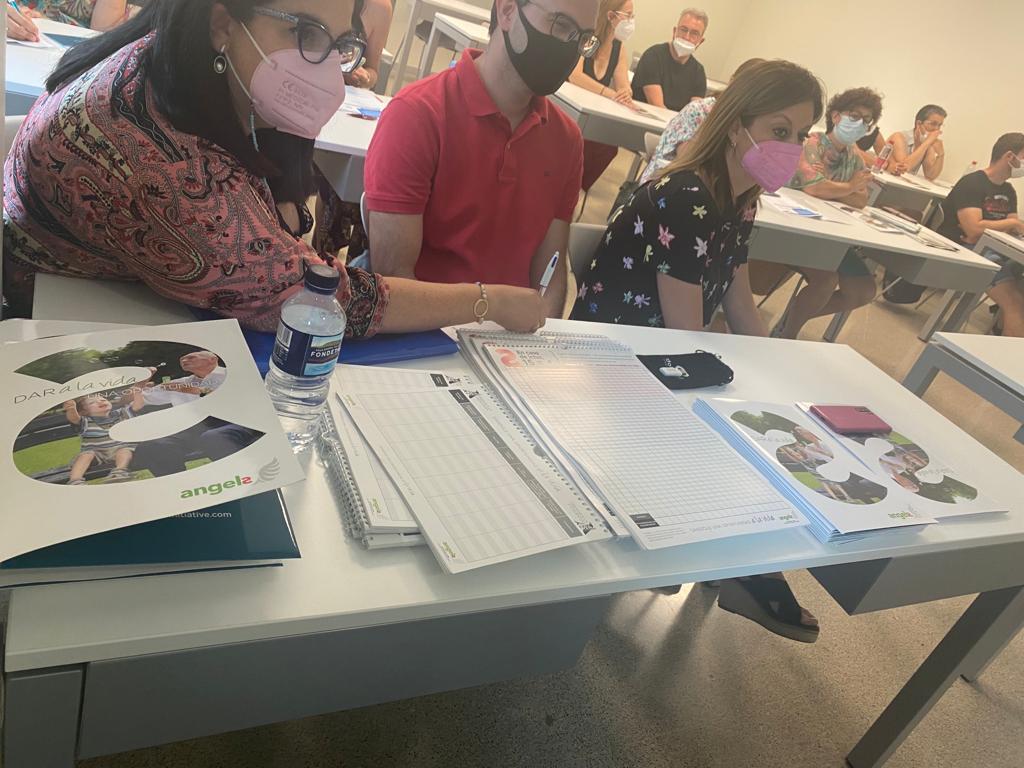
ONZE DIAS depois, a 27 de junho, Belén emite um trabalho de casa a 20 enfermeiros de Castellón, Valência e Alicante. Supervisores de enfermagem e enfermeiros de AVC de seis hospitais em toda a Comunidade do Valenciano, estiveram presentes na reunião inaugural do comité de direção de enfermeiros que irá, nos próximos meses, abordar a necessidade de um protocolo e formação padronizados de enfermagem de AVC na região.
Agora foi-lhes atribuída uma tarefa para o verão. Cada equipa de enfermeiros deve rever os seus próprios pontos fortes e identificar as áreas de enfermagem de AVC onde se encontra a sua experiência específica. Quando se trata de elaborar o protocolo para cuidados pós-agudos em Valência, os enfermeiros de cada hospital irão contribuir com conhecimentos da área em que são especialistas.
Os enfermeiros da Comunidade Valenciana enfrentam um conjunto único de obstáculos. A região tem a relação enfermeiro-doente mais baixa no país, criando desafios na unidade de AVC como acontece noutros locais. Mas, embora a reunião concorde sobre a importância de comunicar isto às autoridades de saúde, o foco de hoje é otimizar os recursos que têm. Para além de juntarem os seus conhecimentos para escrever um protocolo de AVC, irão colaborar na formação e embarcar conjuntamente num Desafio de Helsínquia para medir o seu progresso. Tem sido apenas uma questão de horas, mas já é uma comunidade que é mais forte juntos e joga com os seus pontos fortes.
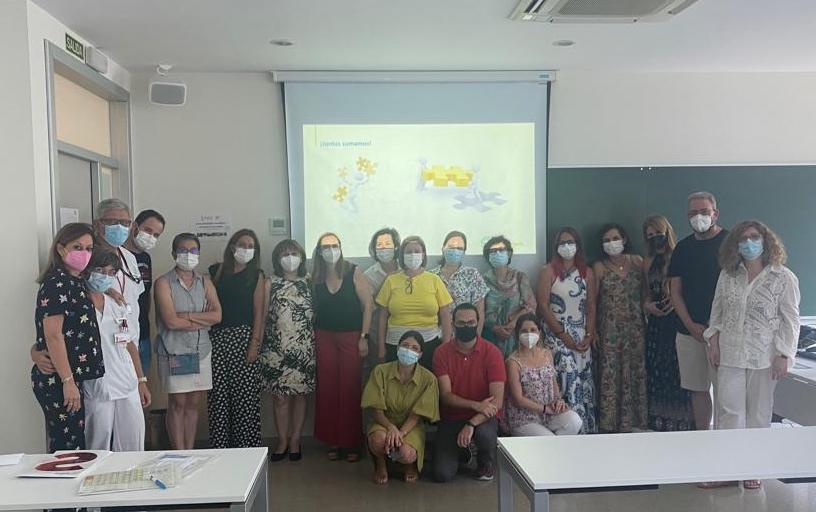
A FORMAÇÃO está também entre os objetivos acordados na reunião de hospitais e serviços EMS a 16 de junho. Prosseguirá província por província, começando com reuniões multidisciplinares, e todos os seis hospitais realizarão simulações de vias envolvendo EMS.
Foi selecionado um registo. No futuro, os dados de tratamento de toda a região serão registados no RES-Q e as conclusões obtidas a partir da análise serão utilizadas para visar oportunidades de melhoria.
Com a escapadinha de verão na esquina, setembro de 2022 marcará o momento em que a Comunidade Valenciana embarca oficialmente num novo capítulo para cuidados de AVC. Mas pelo menos um hospital não está preparado para esperar.
Um dia após a reunião do conselho diretivo de enfermeiros, a formação da unidade de AVC começa no Hospital La Fe de Valencia. Aproveitando o facto de que a reunião trouxe especialistas Angels e AVC para a sua cidade, os enfermeiros neste hospital estão a participar numa sessão de formação que inclui uma revisão do seu protocolo de AVC, uma introdução ao Proyecto Flecha (uma intervenção cultivada em Málaga para remover a variabilidade nos cuidados pós-agudos) e comunicação com as famílias dos doentes após a alta.
Galvanizados pela reunião do dia anterior, decidiram que neste momento era tão bom como qualquer outro para elevar o padrão de cuidados na sua unidade. Afinal, quando se trata de AVC, literalmente nada importa mais do que tempo.

